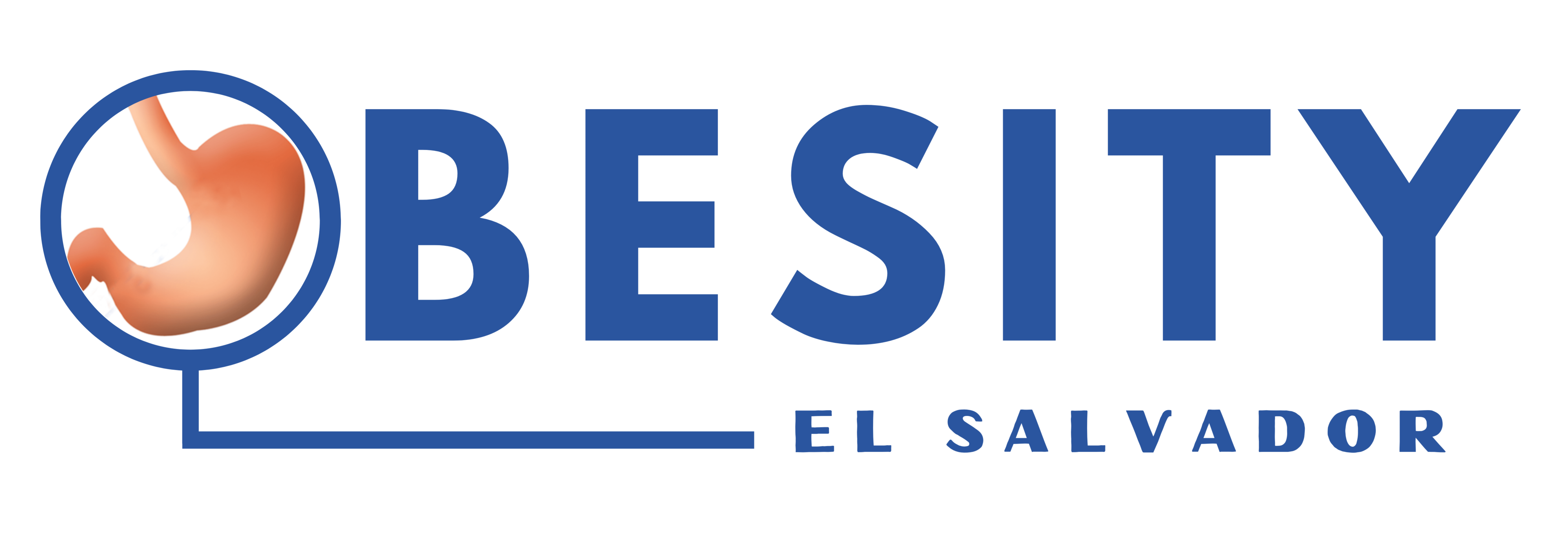
Gastric Bypass is a surgical procedure used to treat severe obesity. During this procedure, a small pouch is created at the top of the stomach and connected directly to the small intestine, thus bypassing a large part of the stomach and small intestine.
Gastric Bypass has several mechanisms to aid in weight loss. First, by reducing the size of the stomach, it limits the amount of food that can be consumed during each meal, leading to a reduction in caloric intake. In addition, by bypassing part of the small intestine, the absorption of nutrients and calories from ingested food is reduced.
In addition to weight loss, gastric bypass can have other beneficial health effects, such as improving obesity-related conditions like type 2 diabetes, high-blood pressure, and sleep apnea. However, like any surgical procedure, it also carries potential risks and complications, so it is important to discuss the benefits and risks with a healthcare professional before considering this option.

